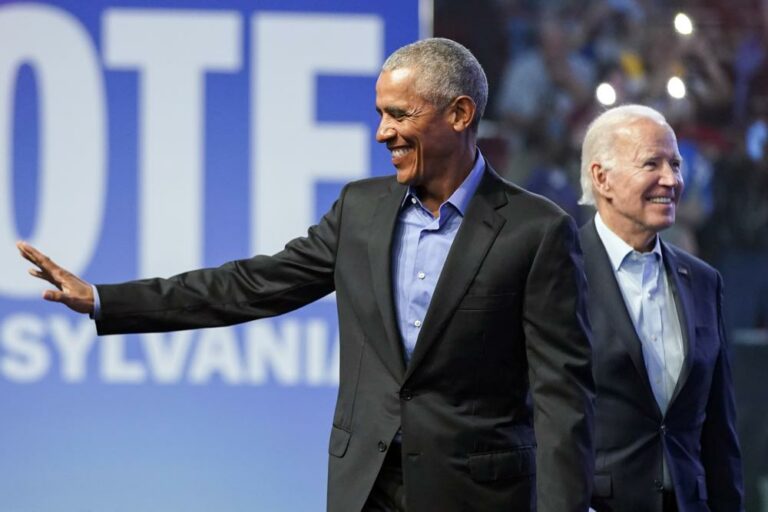 Nearly half the states are offering or considering incentives to consumers who buy electric cars in a bid to jump-start the fledgling market.
Nearly half the states are offering or considering incentives to consumers who buy electric cars in a bid to jump-start the fledgling market.
Experts say the sweeteners, including rebates and access to less-congestedcarpool lanes, are key to making the vehicles more affordable and convenient as automakers roll out the first mainstream electric cars in nearly a century.
The benefits, combined with a federal tax credit up to $7,500, often put the vehicles in the price range of standard cars, says Brian Wynne of the Electric Drive Transportation Association.
Last month, Nissan rolled out its $33,630 Leaf, a fully electric vehicle (EV), and Chevrolet launched its $41,000 Volt, a plug-in that also has an onboard generator powered by an auxiliary gas engine. They’re initially available in a handful of markets.
Tom Franklin of San Diego says a $5,000 state rebate plus the federal credit reduced the price of his Leaf from $35,000 to $22,500, less than his 2006 Toyota Prius. “It really made it a no-brainer.”
Seventeen states already offer inducements for EVs, while five — Connecticut, Massachusetts, New York, Pennsylvania and Texas — are considering legislation, advocacy group Plug In America says.
“You want to create an environment that’s conducive to the marketplace,” says Jorge Santana, chief of staff for Pennsylvania state Rep. Tony Payton, who’s introducing an EV incentive bill.
Automakers are responding. Nissan launched the Leaf in California, Arizona, Oregon, Washington and Tennessee, all states with incentives. Other lures:
•Seven states — Arizona, California, Florida, Georgia, Maryland, New Jersey and Utah — let EV drivers use carpool lanes even with no passengers. In California, up to 75,000 hybrid drivers who are losing special carpool lane privileges this year may upgrade to EVs to retain them, says Plug In America’s Jay Friedland. “It’s hours a day you’re saving.”
•Nine states offer EV buyers tax credits or cash rebates of $1,500 to $6,000. “We’re trying to get to zero emissions coming out of the tailpipe,” says William Cook, a Georgia environmental manager.
•Louisiana, Hawaii and Washington provide tax credits or other discounts to cut the price of home charging stations, which can cost at least $1,200.
•Maryland, New Jersey and Washington waive sales tax for EV buyers. Washington, with a 6.5% sales tax, hopes to “send the right signals” to car and part makers so they’ll locate plants in the state, says Gustavo Collantes, state energy policy adviser.
(Source: USA Today)











2 Responses
Also know as a SUBSIDY for something that doesn’t work well. If the car was worth buying, they wouldn’t have to do everyone to BAILOUT the car companies inability to make a product that would sell on its own merits. And as with most bailouts, the beneficiaries are the more affluent (poor people buy inexpensive cars that work well using proven technology).
Let the market decide about what types of cars we should drive. There are problems with these electric cars.